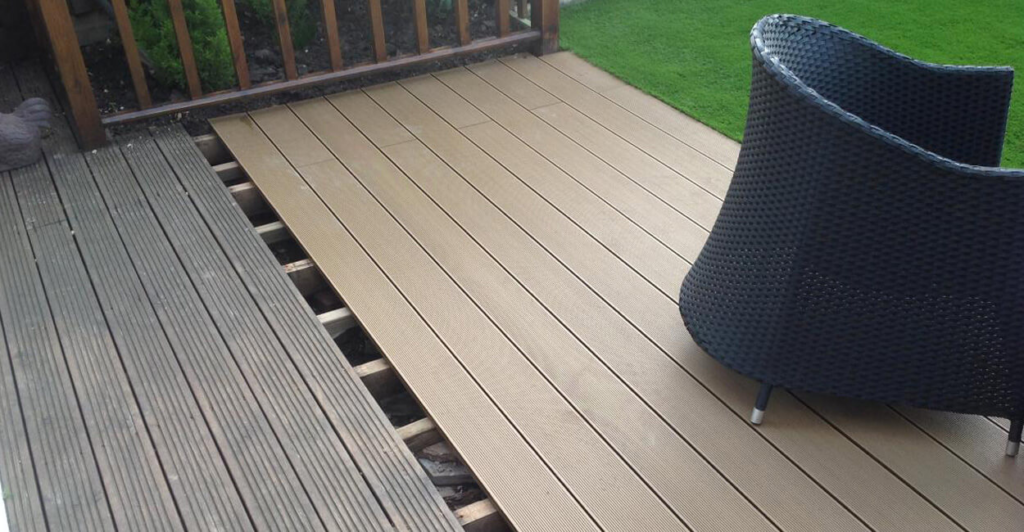
When it comes to designing an outdoor living space, the choice of decking boards (terasová prkna) can significantly influence both the aesthetic appeal and functionality of your deck. Homeowners often find themselves torn between the timeless allure of wood decking and the modern advantages of composite materials. Both options present unique benefits, but which is the right choice for you? Understanding the key advantages of each can help you make an informed decision that suits your lifestyle and preferences.
Natural Beauty of Wood Decking
Nothing quite matches the natural charm and warmth of wood decking. For many, the appeal of authentic wood lies in its rich texture and grain patterns that blend seamlessly with nature. Wood decking boards, such as cedar or redwood, provide a classic look that can enhance the overall ambiance of your outdoor space. These types of wood offer inherent resistance to decay and insects, making them a popular choice among traditionalists.
One of the significant benefits of wood decking is its versatility. You can stain or paint wood to match the exterior of your home or achieve the desired style. This flexibility allows for creative expression and personalization. Furthermore, wood decking is often more cost-effective upfront compared to composite decking, making it an attractive option for budget-conscious homeowners seeking natural beauty and elegance.
Durability and Low Maintenance of Composite Decking
For those seeking a hassle-free decking solution, composite boards offer impressive durability and minimal upkeep. Engineered from a combination of wood fibers and plastic, composite decking is designed to withstand the elements without the need for frequent maintenance. Unlike traditional wood, composite boards are resistant to rot, warping, and splintering, ensuring a long-lasting and safe surface for family gatherings and relaxation.
The low maintenance nature of composite decking is a standout benefit for busy homeowners. A simple occasional cleaning with soap and water is typically sufficient to keep the deck looking pristine. This convenience allows you to spend more time enjoying your outdoor space and less time on upkeep. Additionally, composite decking often comes with extended warranties, providing peace of mind in your investment.
Sustainability and Eco-Friendly Options
In today’s environmentally conscious world, many homeowners prioritize sustainability when choosing decking materials. Composite decking stands out in this regard, as it is often made from recycled materials, reducing the demand for virgin wood. Choosing composite decking can contribute to reducing deforestation and minimizing your ecological footprint.
In contrast, responsibly sourced wood decking can also align with eco-friendly values. Look for decking labeled by organizations like the Forest Stewardship Council (FSC) to ensure that it comes from sustainably managed forests. By opting for sustainable materials, you not only enhance your outdoor space but also support practices that benefit the planet.
Making the Right Choice for Your Lifestyle
Ultimately, the decision between wood and composite decking depends on your preferences, budget, and maintenance expectations. If you value the natural beauty and classic appeal of wood, and are willing to invest time in regular upkeep, wood decking might be your ideal choice. On the other hand, if you seek a low-maintenance, durable, and environmentally friendly option, composite decking could be the perfect fit for your outdoor oasis.
Whichever material you choose, both wood and composite decking have their unique benefits that can enhance the beauty and functionality of your deck. Consider the long-term advantages and your personal style preferences to create an outdoor space that you and your family will cherish for years to come.

